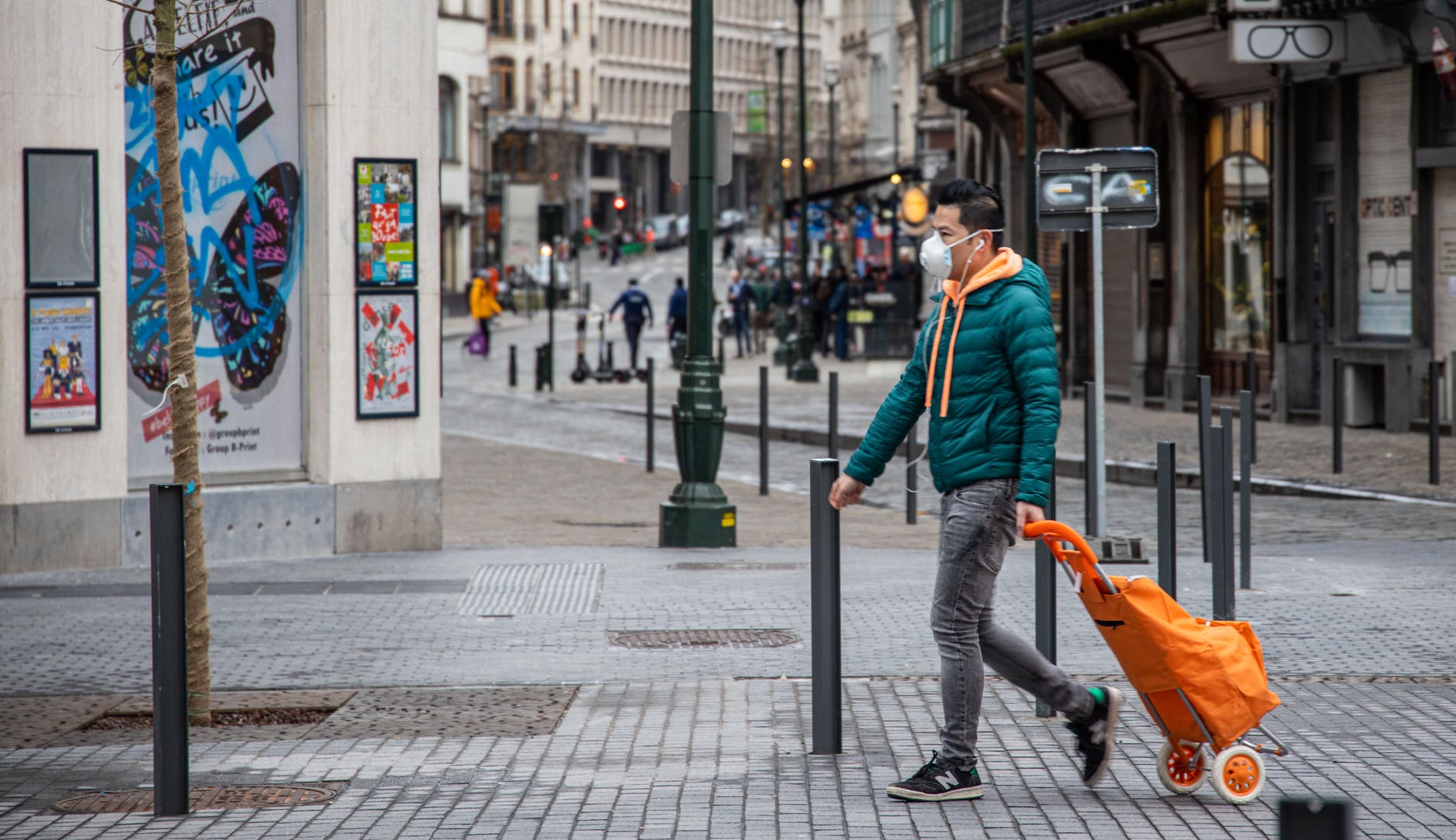Twenty-nine per cent of Brits are now fearing an economic crash could hamper their retirement plans, according to a new survey from Sanlam.
The financial services group suggested the figure marks a significant annual rise of 45% in the number of people who now believe a serious downturn to be the biggest threat to their retirement goals, having sat at 20% in 2019.
When asked the same question last year, Sanlam found that illness was cited as the biggest barrier among those surveyed (21%) but is now a concern for only 14% of respondents.
The findings, based on an online survey conducted by Atomik Research among 2,007 UK adults between 22 and 24 April, were published amid the sharp stock market falls amid the coronavirus crisis, which Sanlam suggested had brought the UK economy to a halt and “shaken people’s confidence” in their ability to save.
Those approaching retirement aged between 55 and 64 were revealed to be the most concerned about the impact of an economic crash on their ability to hit their retirement goals, with more than a third (34%) fearing a crash as the biggest barrier to their plans – up from 22% in 2019.
CEO of Sanlam‘s wealth division, John White, said: “The outbreak of coronavirus and the subsequent public lockdown has shaken the UK economy to its core and our survey reveals the very real long-term financial concerns people now face.
“The sharp market falls we witnessed in March have alerted people to the damage an economic crash could wreak on pension pots, and understandably more people now fear that a wider, continued downturn could derail plans to retire when they want to.
“It is unnerving to watch the value of hard-earned savings take such a hit, particularly if this pot is not as large as it perhaps could be to sustain the kind of lifestyle many may seek once they give up work.”
Sanlam’s findings also revealed that more people are struggling to save enough on a monthly basis, with 25% indicating this was a barrier to achieving their retirement goals, up from 19% last year.
Furthermore, the survey revealed 19% of respondents were not confident of achieving the savings they need to retire when they want, while the proportion of those who said they were confident has fallen to less than half, down to 48% from 56% in 2019.
“If this crisis has proven anything, it is that it pays to be prepared,” White added. “Steady savings are key to ensuring people can leave work when they want to and enjoy a comfortable retirement.
“We urge people to seek out expert financial advice if they are worried about what the future holds and what a struggling economy could mean for their ability to hit their retirement goals. Most importantly, people should prioritise saving sooner, rather than later, if they are able.”
Latest News
-
FCA outlines proposals to close gaps in borrowers’ credit files
-
St. James’s Place closes 2025 with record FuM
-
Average LTV on UK mortgaged home drops to 59% – IMLA
-
Market Financial Solutions enters administration
-
6.5 million current accounts with £10k earn no interest
-
Landlords still unsure of how RRA changes will work in practice
Mortgage Advice Bureau and AI in the mortgage sector
Chief executive officer at Mortgage Advice Bureau, Peter Brodnicki, and founder and managing director at Heron Financial, Matt Coulson, joined content editor Dan McGrath to discuss how Mortgage Advice Bureau is using artificial intelligence to make advancements in the mortgage industry, the limitations of this technology and what 2026 will hold for the market
Perenna and the long-term fixed mortgage market

Content editor, Dan McGrath, spoke to head of product, proposition and distribution at Perenna, John Davison, to explore the long-term fixed mortgage market, the role that Perenna plays in this sector and the impact of the recent Autumn Budget
NEW BUILD IN FOCUS - NEW EPISODE OF THE MORTGAGE INSIDER PODCAST, OUT NOW

Figures from the National House-Building Council saw Q1 2025 register a 36% increase in new homes built across the UK compared with the same period last year, representing a striking development for the first-time buyer market. But with the higher cost of building, ongoing planning challenges and new and changing regulations, how sustainable is this growth? And what does it mean for brokers?
Does the North-South divide still exist in the UK housing market?

What do the most expensive parts of the country reveal about shifting demand? And why is the Manchester housing market now outperforming many southern counterparts?
In this episode of the Barclays Mortgage Insider Podcast, host Phil Spencer is joined by Lucian Cook, Head of Research at Savills, and Ross Jones, founder of Home Financial and Evolve Commercial Finance, to explore how regional trends are redefining the UK housing, mortgage and buy-to-let markets.
In this episode of the Barclays Mortgage Insider Podcast, host Phil Spencer is joined by Lucian Cook, Head of Research at Savills, and Ross Jones, founder of Home Financial and Evolve Commercial Finance, to explore how regional trends are redefining the UK housing, mortgage and buy-to-let markets.
© 2019 Perspective Publishing Privacy & Cookies











Recent Stories